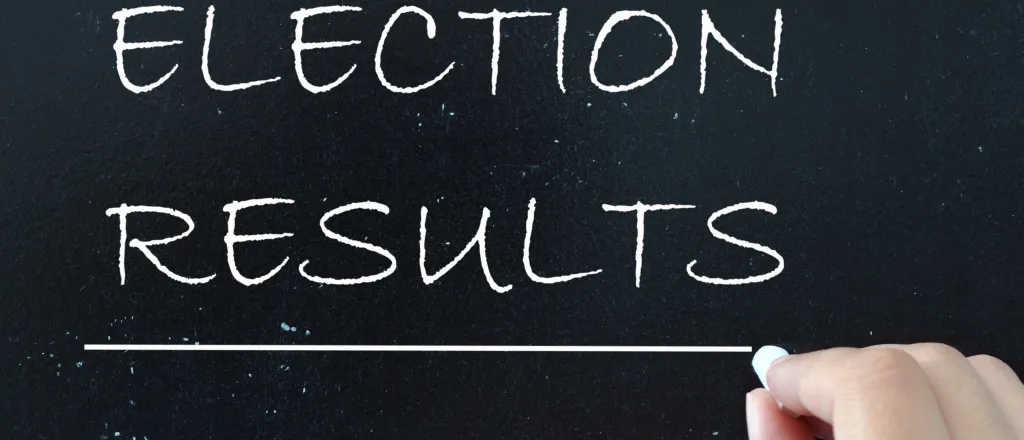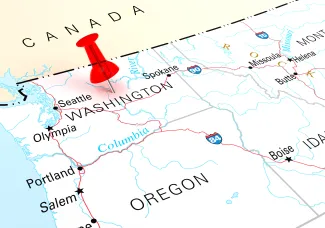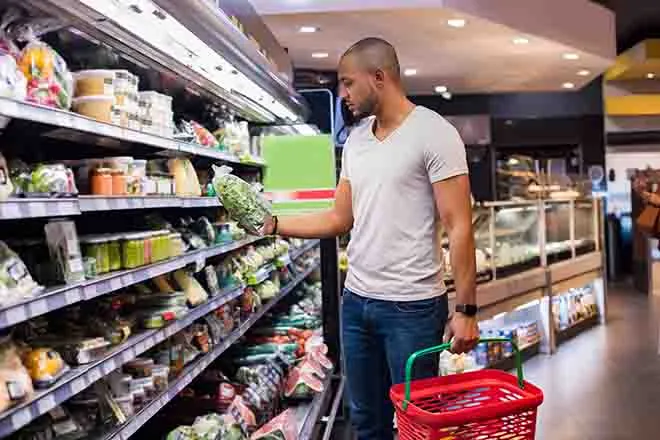
Ranked choice voting in spotlight after vote splitting in Washington primary
Click play to listen to this article.
(Washington News Service) A close primary race in Washington state is highlighting the issue of vote splitting and how ranked choice voting could provide a solution.
The Commissioner of Public Lands' race is still too close to call more than two weeks after the election and could be heading for a recount. It is a top two primary, meaning the two highest vote-getters will go on to the general election.
Tony Ivey, political and civic engagement manager for the advocacy group Washington Conservation Action, said it has created an odd situation where the majority of Washingtonians voted for Democratic candidates, but two Republicans could face off in November.

"We became very concerned about the potential of vote splitting," Ivey explained. "While Washington voters heavily support climate-friendly candidates and heavily support climate action, we could end up with a situation where, despite the majority of voters selecting a climate friendly candidate, two non-climate friendly candidates could end up in the general election."
Ivey pointed out it could have been avoided by using a ranked choice voting system to let voters rank the candidates who aligned with their views.
Ranked choice voting is catching on across the country, including in Washington, where Seattle will implement the system in city primary elections in 2027.
Nilu Jenks, political director for the nonprofit FairVote Washington, said not every city or county in the state can do it, which is why her organization has been pushing the legislature to pass a local options bill. She argued a ranked-choice system would engage more voters.
"In a time when we're finding voter participation is dropping, I hope to see more people embrace ranked choice voting," Jenks emphasized. "One, we can avoid vote splitting and see people's preferences actually show up on the general ballot, but two, where voters feel like their voice matters."
Ranked choice voting has faced opposition, including from Secretary of State Steve Hobbs, who said the system is too confusing and would create accessibility issues.
But Ivey rejected his assessment, saying ranked-choice would actually do the opposite.
"What we see is that ranked choice voting makes our system more democratic," Ivey stressed. "It better reflects the will of the voters and it's very easy."

















